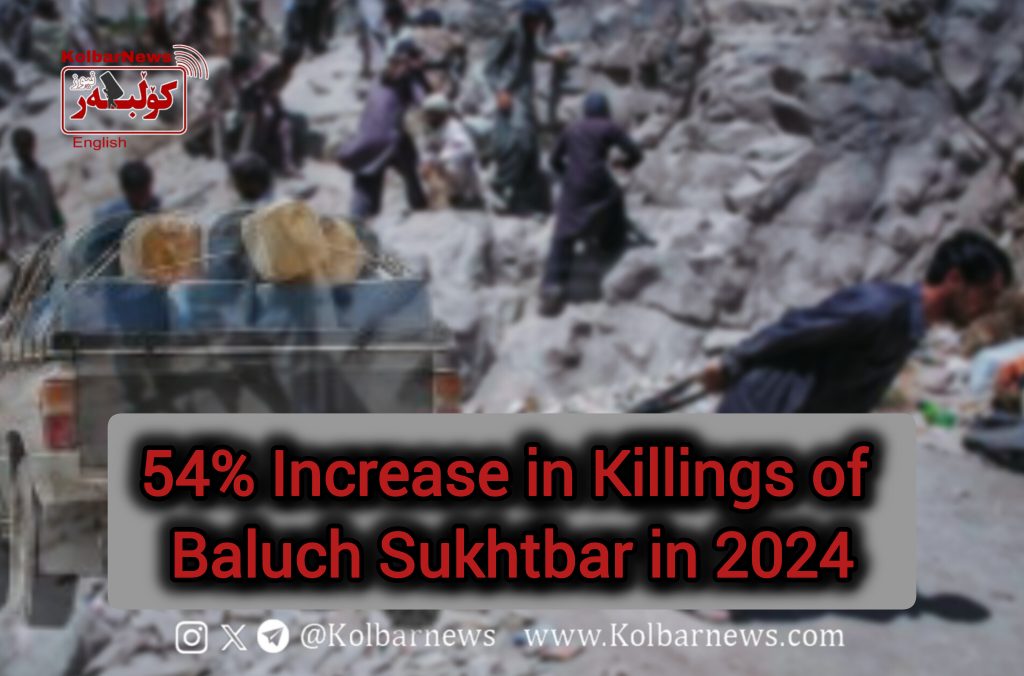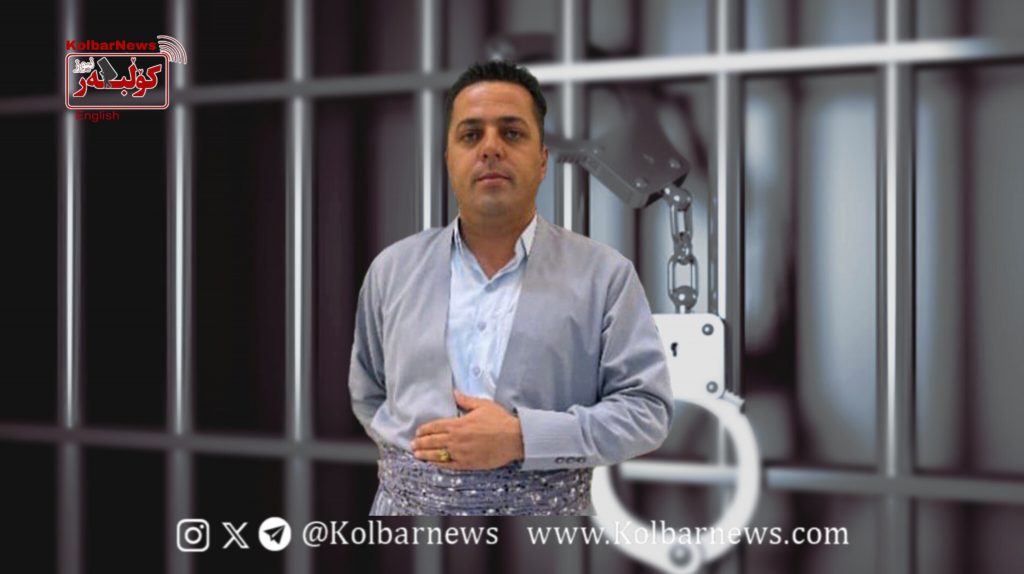According to the 2024 report of the Baluch Activists Campaign, 375 Sukhtbars were killed or injured due to shootings by military forces and road accidents, marking a 54.67% increase compared to 2023. This alarming statistic reflects the security-focused policies and discriminatory perspective of the government toward Balochistan, a region simultaneously subjected to national and class oppression.

Balochistan, one of the most impoverished regions, witnessed a sharp rise in the suppression and killings of Sukhtbars in 2024. According to the annual report of the Baluch Activists Campaign, in this year, 375 Sukhtbars were killed or injured due to military shootings, chases, and road accidents. Of this number, 240 individuals were killed and 135 were injured. This statistic marks a 54.67% increase compared to 2023 and clearly reflects the intensification of the government’s security-oriented approach toward Balochistan.
The report states that 50 individuals were killed and 59 were injured due to direct shootings by military forces. Additionally, 190 Sukhtbars lost their lives in road accidents, and 76 were injured. Among the victims, 11 children were killed, and 8 children were injured.
This alarming statistic highlights the continuation of the government’s repressive policies in Balochistan policies that, instead of addressing economic and social issues, have brought death and violence to the people of the region.
Sukhtbari of the Baluch people is not a choice but a means of survival. In the absence of job opportunities and basic services, the people of this region are forced into fuel transportation. However, the government, instead of alleviating poverty and developing infrastructure, views this phenomenon from a security perspective and responds with bullets. The chases, shootings, and road accidents have cost the lives of hundreds of impoverished people in this region.
These killings are not isolated crimes but part of a systematic policy of repression, in which “national and class oppression” are simultaneously imposed on the people of Balochistan. On one hand, the Baluch people, as a nation, face denial of their identity, language, and cultural rights, and on the other hand, within the class structure of Iran, they are among the most deprived groups.
The child Sukhtbars are a symbol of this tragic situation. Baluch children lose their lives on the borders to support their families. Such a reality is a direct result of security policies that intertwine economic deprivation and political repression, making life increasingly difficult for the people of Balochistan.
Instead of addressing deprivation and reducing economic disparities, the government has used repressive policies to control Balochistan. However, this security-focused perspective has only led to increased violence and a deepening of the crisis. Addressing Balochistan’s issues requires policies based on social and economic equality.
The crisis in Balochistan is a reflection of the failure of Iran’s centralized capitalist structure. Unequal development, the concentration of wealth and power among central elites, and discriminatory policies against minorities have all contributed to the marginalization of border areas.
The solution to this crisis lies in ending the security-focused perspective and moving toward the fair distribution of wealth and the recognition of the national and cultural rights of the Baluch people.
Balochistan must no longer be a victim of the government’s security policies. The struggle for freedom and equality is impossible without considering the rights of oppressed nations and ending discriminatory policies. This struggle requires the solidarity of oppressed nations and the unity of all the downtrodden a solidarity that can challenge the repressive system and bring freedom and equality to all.

